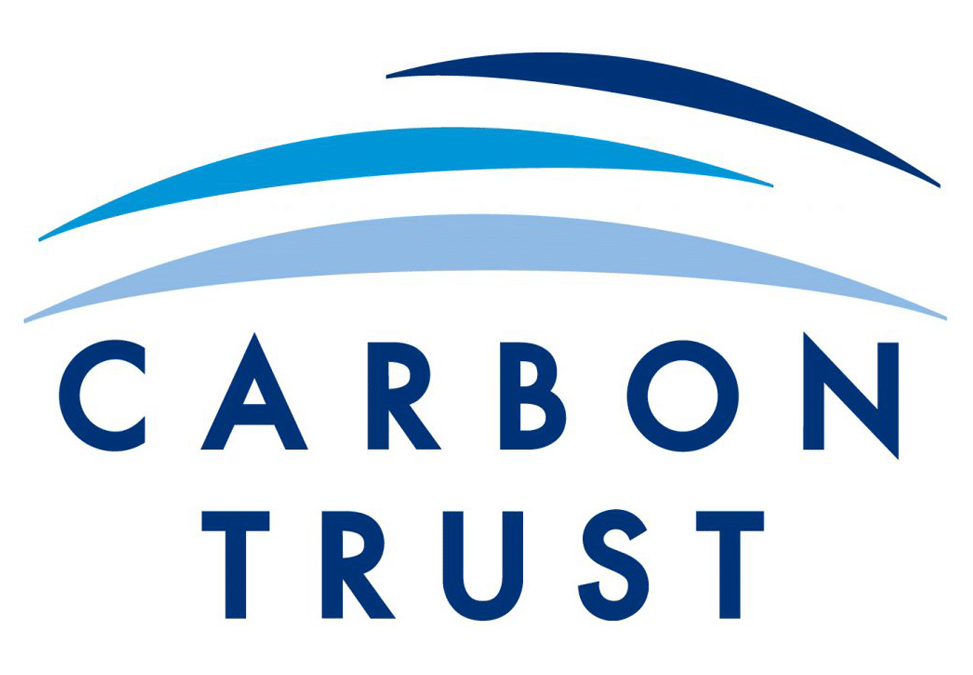
Sergiu Jiduc
Sustainable Finance Expert Environmental Geoscientist National Geographic Explorer
Whether researching glacial phenomena, consulting on sustainable finance, or inspiring audiences through public speaking, I approach each assignment with enthusiasm, professionalism, and diligence.
Expeditions
Karakoram Anomaly Project, Pakistan, Royal Geographical Society with IBG & National Geographic Society, 2015-2019
Founded and led a multidisciplinary initiative aimed at reducing the human and material losses caused by glacial lake outburst floods in the Shimshal Valley of Pakistan. This project involved scientific research to identify the problem, key activities to address the issue, and policy recommendations to improve emergency preparedness in the area. The resulting report provides a summary of the project's scientific rationale, problem definition, key research activities and findings, and policy recommendations.
Food Security Discourse, Ladakh-Himalaya, India, Imperial College London, 2016
Designed and led a research expedition to the Indian Himalayas to study the factors that either promote or hinder the adoption of agricultural technological innovations in the Himalayan region of Ladakh, Jammu, and Kashmir state. Through the case study of Ladakh, we were able to observe how the changing political, environmental, and socio-economic conditions have impacted the food security strategies of mountain households and farms. Although subsistence agriculture remains the primary source of income for the region, we have observed a recent trend towards livelihood diversification and urbanization, which has led to increased off-farm income opportunities.
Landscape Changes in the Andes, Peru National Geographic Society, 2012
Designed and led a research expedition to the Cordilleras Blanca and Huayhuash in Peru to assess glacial landscape changes. The primary research method used was repeat photography along with oral testimonies and literature reviews. The base photographic material comprised historic photographs taken by the 1936 and 1939 German and Austrian Alpine Club (Alpenverein) Expeditions to the Cordillera Blanca as well as by F. D. Ayres in 1954 for the National Snow and Ice Data Center in Boulder, Colorado. The results indicate that the two Cordilleras experienced widespread glacier recession and the formation of new glacier lakes since 1936.
Professional Services
Biodiversity & Infrastructure Investing: How Infrastructure Investors are Factoring Biodiversity Impacts into Decision-Making, WWF & Oliver Wyman, 2024
Co-authored a white paper with Oliver Wyman which examines why biodiversity loss deserves the same level of attention as climate change. The paper highlights the growing awareness and evolving regulations in this area. It explores how investors can utilise existing tools to address biodiversity risks and discover new opportunities. Best practice case studies demonstrate how leading investors are integrating biodiversity considerations throughout the investment process, continuously raising the bar and proving that positive change is achievable. The paper is a critical resource for infrastructure investors and advisors. By making biodiversity central to investment decisions, we can protect our planet’s life support systems, ensure the resilience of essential infrastructure, and drive sustainable development.
FAST-Infra Label — Finance to Accelerate the Sustainable Transition-Infrastructure Initiative, WWF, HSBC, OECD, IFC, GIF & CPI, 2020-2024
Actively involved in developing a new and globally applicable sustainable infrastructure label for projects demonstrating significant sustainability performance. This effort was part of a multi-stakeholder working group led by the Global Infrastructure Facility (GIF) and Macquarie under the FAST initiative, which aims to urgently close the trillion-dollar sustainable infrastructure investment gap by transforming sustainable infrastructure into a mainstream, liquid asset class. The label enables developers and operators to showcase the positive impact of infrastructure assets, attracting investors and stakeholders committed to projects with sustainable outcomes. The certification process incorporates credibility, impartiality, and technical rigour to ensure trust and transparency in sustainable infrastructure investments.
Empowering Key Development Finance Institutions in Asia to Accelerate the Decarbonisation of the Energy Sector, WWF, 2023
Delivered a report for WWF-Singapore that summarizes the latest findings of an assessment of Development Finance Institutions (DFIs) with a majority shareholding structure comprising Japan, China, Indonesia, the Philippines, Malaysia, and India. It also provides recommendations to help DFIs align their overall governance structure, financing strategy, sector policies, products, people management, and portfolio disclosures with the Paris Agreement and the Kunming-Montreal Global Biodiversity Framework (GBF).

Photography












Storytelling












